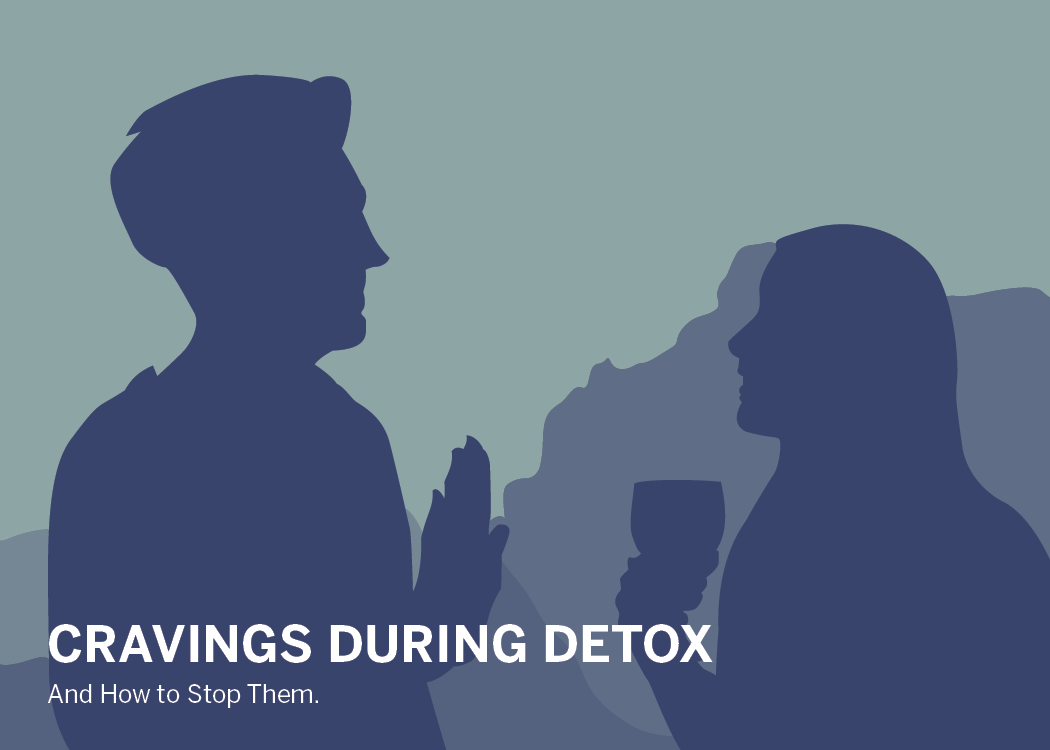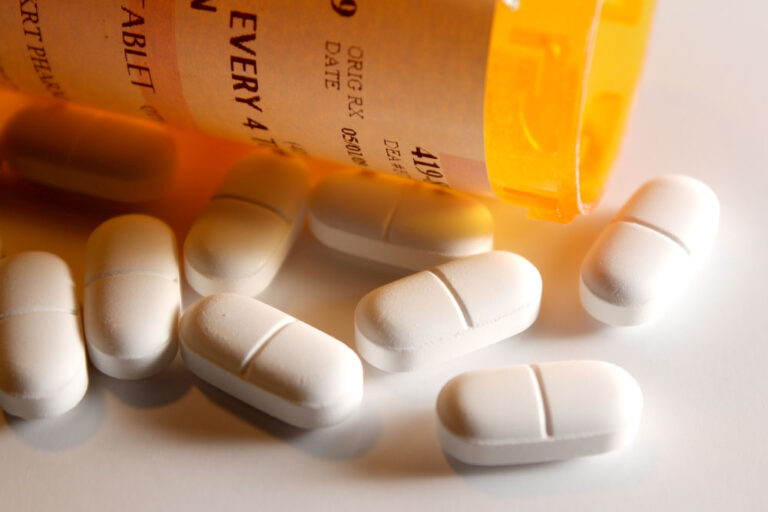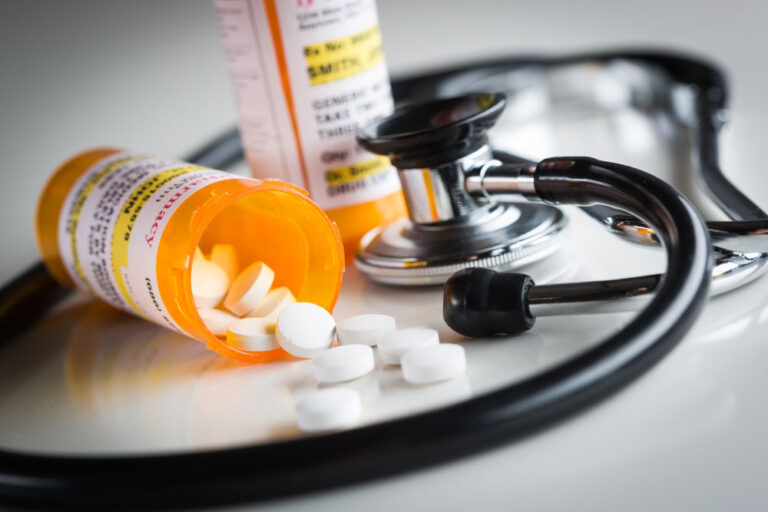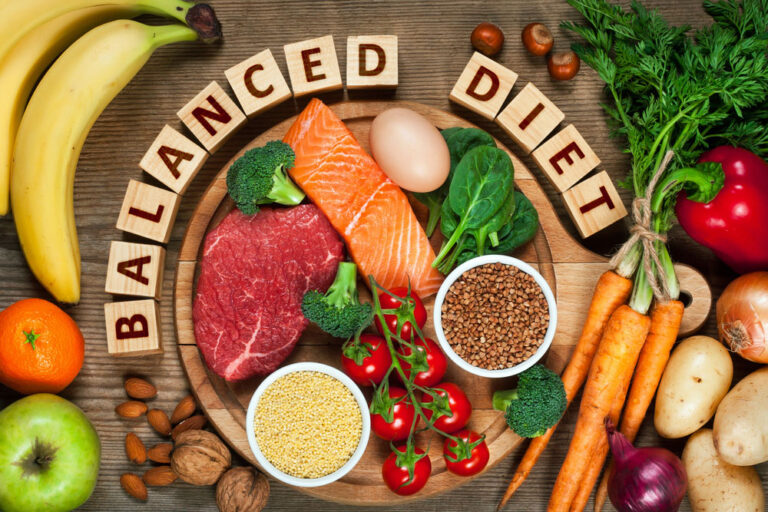Cravings During Detox: What Do You Do?
Cravings for alcohol or drugs are common among people who have been addicted, or even after a period of intense use. They are both physical and psychological in nature and are most intense during the acute withdrawal period the day or two after you stop using the drug or alcohol. They can, however, also occur months or years after withdrawal.
There are many theories about what causes cravings, but the bottom line is if you have been addicted you will almost certainly experience cravings. Here are some key points you should understand if you’re coping with cravings after withdrawing from an addictive substance.
Facts About Cravings
What Are Drug Cravings?
A craving is the feeling of “need” or “desire” for a specific drug or substance. Humans can have cravings for all sorts of things, though, and maybe you’ve heard of someone who is pregnant craving odd combinations of foods, like pickles and ice cream.
Cravings are normal. Researchers have discovered that people who have experienced addiction have chemical changes in their brains which make cravings more likely.
Cravings do not mean there is a problem. The fact that you crave a substance does not mean that you are weak or unable to manage your desires.
Different people have different experiences with cravings. Some can actually ignore their cravings, while others need specific strategies to avoid temptations.
How Long Does a Craving Last?
It’s important to remember cravings do not last forever. They come in waves—they build up, reach a peak, and then subside. Knowing this may make it easier to encounter and manage cravings.
Why and When Drug Cravings Occur
There are psychological triggers that you will almost certainly encounter in your daily life. Here are some specific situations in which cravings are likely to occur:
- When you are exposed to whatever you’re addicted to (alcohol, drugs, foods, etc.)
- When you see others enjoying whatever you’re addicted to
- When you are interacting with people, places, times of day, and situations associated with your addictive substance or activity (evenings, weekends, and time with old friends can be particularly difficult)
- When you are experiencing particular emotions you associate with the addictive substance or activity (depending upon your particular psychology, you may be most vulnerable when you’re frustrated, tired, or stressed—or when you’re happy, excited, or eager to share your success).
- When you’re experiencing physical sensations you associate with your addictive substance or activity (fatigue, shakiness, etc.).
- Research suggests addictions cause changes in brain chemistry that make cravings more likely.
Tips for Managing Cravings During Detox
Everyone has a different response to cravings; if one of the following tips doesn’t work for you, try another!
- Know your triggers. As you go through your day, take note of cravings—even mild ones—and keep a journal. This will help you to anticipate and plan for cravings as they arise.
- If you’re planning to be in a location or with people who trigger cravings, have a specific plan in mind for managing your feelings. Know what you’ll eat or drink, know how you’ll leave the situation, know who to call if you need support.
- Keeping busy to distract yourself from the cravings can be helpful in focusing your attention away from the desire to take more of the drug.
- Talk about your cravings. For some people, talking about cravings is one way to enlist the support of friends, which can help you to move through and past the need to indulge.
- “Surfing” through the craving. In some cases, distraction may not help and you may simply need to experience the ups and downs of cravings. In that case, it may help recall the negatives of the addiction and the hard work you’ve already done to overcome it.
- Positive self-talk can often help people through cravings. Yes, you’re worth the pain of saying “no” to something that is likely to harm you in the long run.
- Music therapy is helpful for reducing cravings; listening to music may distract you from the cravings and calm the physical symptoms of cravings, helping you feel better.
- Exercise is one of the easiest ways of reducing cravings because it releases endorphins which make you feel better, and it changes your bodily sensations, making it easier to distract your attention away from physical cues to take more drugs or alcohol. However, start gently, particularly if you are also experiencing fatigue and/or muscle weakness, and avoid developing a substitute exercise addiction by keeping your daily exercise under two hours.
Where You Can Seek Help for Addiction to Drugs or Alcohol
If you or a loved one has realized they finally need to seek addiction treatment, or you need some help to persuade them, give Shadow Mountain Recovery a call today. We have experienced staff that can help combat addiction to any drug, and we specialize in holistic treatment to treat the mind, body, and spirit.
If you or a loved one needs an individualized treatment plan to help with addiction, call Shadow Mountain Recovery today at 505-657-2117.









